Violent crime is an unfortunate way of life, at least as we perceive life in the United States.
Is it that bad? Well, most of us will never be touched by such a thing. A few others might have a one-time brush with it. For the most part, the way violence exists is a subject of much discussion and it needs a lot more study.
After all, a handful of people in any given community generally are the source of most of the violent crime.
But a lot of people don’t look at things as a whole. More importantly, they don’t present it as a whole. People such as this
Keep your head up. This advice is so common it’s become trite. It’s directed at high schoolers going to parties in my hometown of Albuquerque, N.M. All too often, parties are interrupted by shots fired and, all too often, interrupted by kids bleeding on the street.
I’m blessed to not have experienced this horror, but too many people in our community have lost their lives to this phenomenon. Personal experiences with the impacts of gun violence, like seeing someone laughing with their friends at school one day and attending their vigil the next, make gun violence an issue that strikes the heart of every New Mexican. As someone whose community has been devastated by gun violence, I believe restrictions on gun access are imperative.
On Oct. 25, the U.S. experienced its 10th deadliest mass shooting in Lewiston, Maine — the 566th mass shooting of the year. Eighteen people died and 13 more were injured. Last year, the country was shocked after a gunman killed 21 victims at an elementary school in Uvalde, Texas.
It appears that the U.S. is unique when it comes to gun violence. The U.S. has 4.52 firearm homicides per 100,000 people, which is the highest rate of any high-income country with a population over 10 million. When it comes to school shootings, the U.S. rate far surpasses that of any other country across the globe, with 288 school shootings since 2009.
This is a common enough talking point–and there are more in there, to be sure, despite the many cases where those claims have been debunked.–so let’s address it here and now, especially as it lays down the ground work for what comes later.
First, the author presents no statistics showing that parties are common targets for violent crime. Some parties most likely are, but one also has to consider who is attending a given party. We know that a small handful of people account for most violent crime, so if those kinds of people or their rivals are at the party, the chances of something horrific happening is more likely.
But Albuquerque is a city of nearly 600,000 people. I find it hard to believe that the odds of a given party being the scene of a shooting are really all that high.
It is, however, the perception many have because the news makes it seem that way.
What about the claim that the United States has a unique problem with so-called gun violence, though?
That’s where I have a big issue with this kind of argument. You see, it’s not untrue, but it’s only part of the picture. By not looking at things holistically–meaning as a whole and not some new age nonsense–you ignore other factors that might better illuminate the true issue.
Yes, our gun homicide rates are greater than other developed nations. I’m not going to dispute that.
What I will add, though, is that our non-gun homicide rate is higher than those nations’ total homicide rates.
See, people like the author paint gun control as the solution to the issue. All of his arguments stem from this idea that our issues with guns are because of guns. That’s simply not true. If it were, our non-gun homicide rate would be on par with other nations’ rates.
If you took every gun in the world out of existence, made it so no one could get a firearm in any way, shape, or form, it wouldn’t really matter. We’d still have a horrific violent crime rate compared to places like Europe or Japan.
That’s because the problem is something deeper than access to a given type of weapon. Yet we can’t have that discussion because we’re too busy talking about guns, like they’re magical items that override the will of ordinary people to do evil.
They’re nothing of the sort.
If we want to address the problem, we first have to identify the real problem. Violent crime isn’t really the issue, it’s a symptom of the actual issue. Trying to address this is like using Tylenol to treat a brain tumor. It’s never going to work.
We need to reframe the discussion in a way that actually lets us make some headway.
The fact that such headway would also preserve our rights is just a massive bonus.
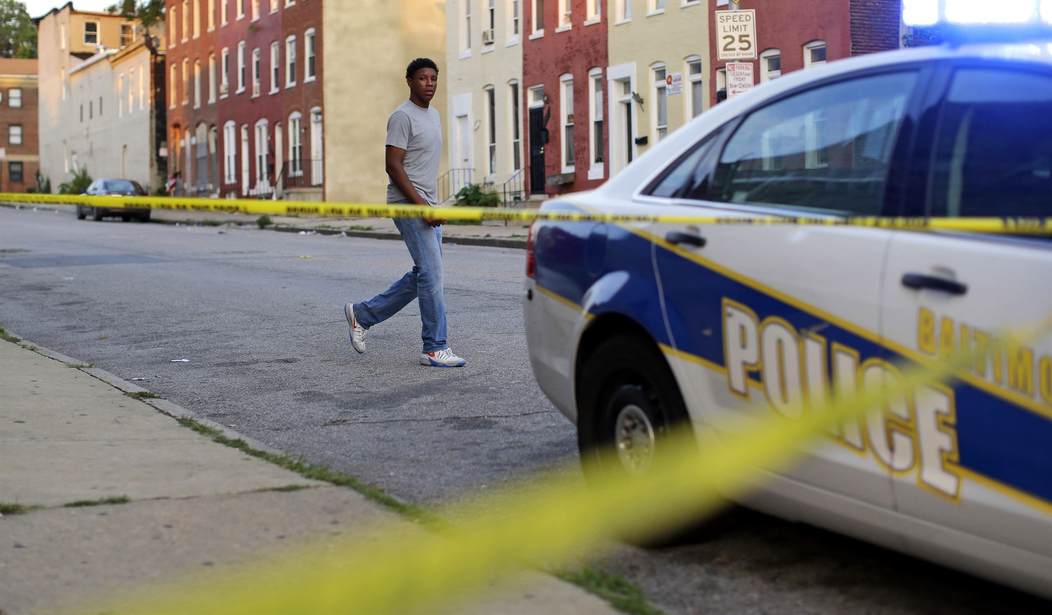

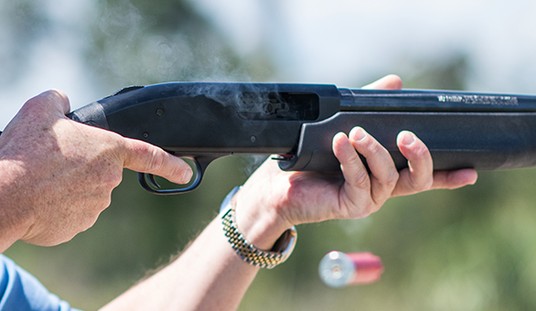
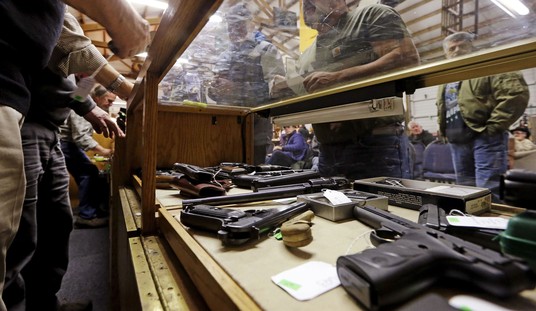

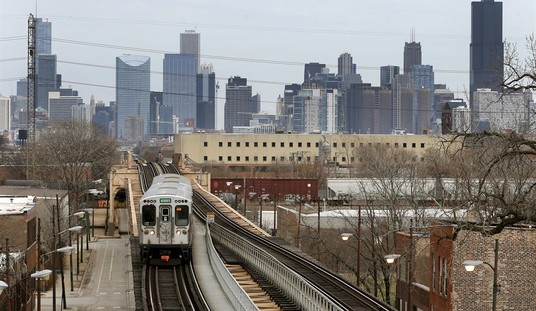
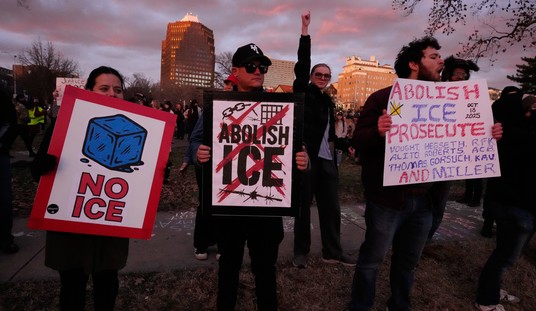
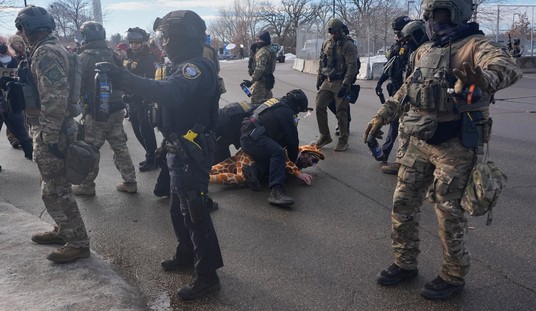
Join the conversation as a VIP Member